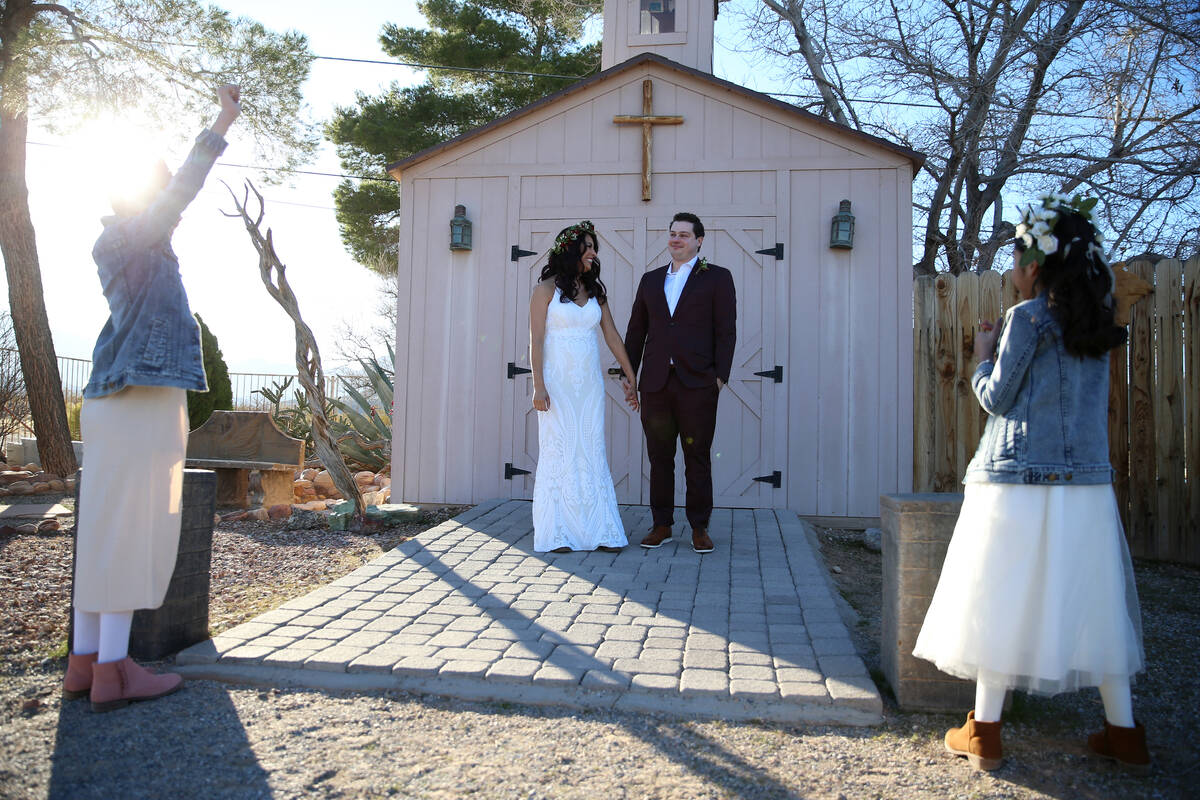VICTOR JOECKS: These are the happiest people on Valentine’s Day
Popular culture’s short-sighted view of love is setting people up for long-term heartache.
Wednesday is Valentine’s Day. Society once promoted the idea that romantic love wasn’t merely a goal, but a foundation on which to build something more substantial. As the children’s rhyme puts it, “First comes love, then comes marriage, then comes a baby in a baby carriage.”
No longer. Twenty-five percent of 40-year-olds in the United States had never been married in 2021, according to the Pew Research Center. That was up from 20 percent in 2010, In 1980, that number was just 6 percent.
This change isn’t happening uniformly. Only 18 percent of 40-year-olds with at least a bachelor’s degree haven’t been married. But of the 40-year-olds with a high school diploma or less, 33 percent have never tied the knot.
There’s a good reason that educated people tend to get married. Statistically speaking, marriage is awesome. Married people live longer and are wealthier. Married men earn more money than their single counterparts. Married women experience less domestic violence. Married couples have higher levels of sexual satisfaction.
One reason for the benefits of marriage is loneliness makes people miserable. Take it from the Bible, where God said, “It is not good for the man to be alone. I will make a helper suitable for him.” Or take it from Surgeon General Vivek Murthy. Last year, he released an advisory on “our epidemic of loneliness and isolation.”
Loneliness, he wrote, “is associated with a greater risk of cardiovascular disease, dementia, stroke, depression, anxiety and premature death. The mortality impact of being socially disconnected is similar to that caused by smoking up to 15 cigarettes a day.”
While the number of childless women is rising, most women will have a baby during their lives. Marriage is the biggest advantage parents can give their children. Pick a factor — from living in poverty, physical health, grades, going to jail or future earnings. Kids with married parents do better than kids raised by a single parent.
Kids are a lot of work, but parents benefit, too.
“There’s really no group that’s as happy for men as married dads and for women as married moms,” Brad Wilcox, author of the new book “Get Married”, said recently.
Of course, when you’re talking about hundreds of millions of people, there are exceptions. But probability still matters. Imagine you were climbing a mountain and came across two paths. On one, people had a 1 percent chance of breaking their leg. On the second, the risk was 15 percent. The information is useful even if you take the second path.
It’s rare, however, to hear this message from popular culture. Instead it’s all about being nonjudgmental and telling people to do what feels good.
But anyone who says all lifestyles have equal outcomes is lying. What feels good now often leads to misery later. Sixteen-year-olds lack the experience to know how their decisions will affect them later on in life. Healthy societies set them up for success by imbuing them with the insight gained over past generations.
It’s cruel to hide this wisdom from teenagers and young adults, especially as society’s elite embrace marriage in their personal lives.
Contact Victor Joecks at vjoecks@reviewjournal.com or 702-383-4698. Follow @victorjoecks on X.


















